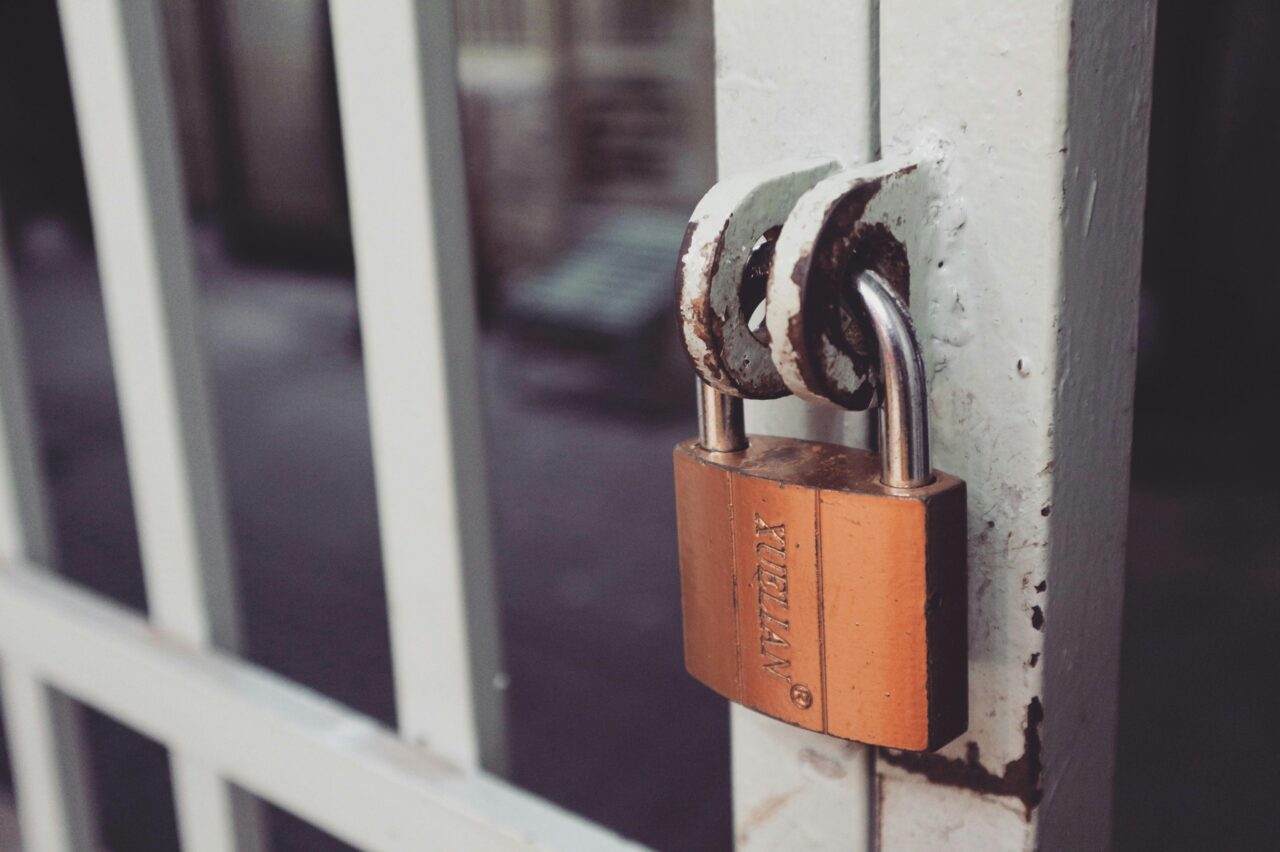
Have you seen on Netflix the documentary “Trust No One: The Hunt for the Crypto King”? It was released a few months ago and it talks about Quadriga CX – the Canadian Bitcoin exchange – and its founder, Gerry Cotten, who died suddenly in 2018 and took the private keys to $250 million in cryptocurrency assets to his grave. But after his death investigators actually discovered what really happened. He had stolen the money from his customers and used it as his own personal slush fund, long before his death.
Several digital currencies collapsed in mid-May, and more than $300 billion was wiped out. The price of Bitcoin plunged from a high last year of nearly $70,000 to less than $20,000.
The domino effect from Terra-Luna and the market’s free fall was felt across the board, driving companies like Celcius, Voyager Digital, and 3AC into bankruptcy, with users paying the price – losing billions on these platforms. Only on Celcius, more than $4.7 billion is owed to users.
But despite what the naysayers have been saying with everything that’s happened, since last week we are seeing a mini-rally and the “return of optimism”.
Even if crypto has growing pains, it’s here to stay and there is plenty of evidence that is a testament to this fact.
- How Many People Own Bitcoin? Research from July 2021 shows that 89% of American adults have heard of Bitcoin. 51% of Americans in May 2021 bought cryptocurrency for the first time within the last 12 months. About 1 billion people around the world will use cryptocurrencies in 2022.
- Crypto Adoption Seen Accelerating Across Latin America in 2022. Brazil holds the top position in Latin America for crypto adoption, as more than 25% (36 million Brazilians) of survey respondents said they intend to purchase cryptocurrencies during the next 12 months. Colombia is the second largest with 22.3% expecting to buy digital currencies and in Argentina adoption is expected to triple, going from 5.5% to 18.4% – a 235% increase.
- How many crypto owners are in Russia? It is estimated that over 17.3 million people, 11.9% of Russia’s total population, currently own cryptocurrency. Cryptocurrency is listed as Russia’s fifth-most popular investment vehicle, ahead of gold, stocks, and shares.
We’ve been conditioned to give away our trust for free.
“Trust, but verify” is a Russian proverb, that became internationally known in English after Suzanne Massie, an American scholar, taught it to US President, Ronald Reagan.
But Bitcoin goes beyond that and teaches “Don’t Trust, Verify” – one of the key pillars of Bitcoin’s use of blockchain technology.
We have been so used to putting trust in third parties to handle all kinds of things for us, whether it’s our money, crypto, or our data, that we just accept at face value what they tell us.
We trust central banks not to debase our currencies, but history has shown us over and over breaches of that trust. We trust banks to hold our money and transfer it electronically, but they lend it out without keeping an adequate amount in reserve. We trust them with our privacy and our identity, yet thieves have drained our accounts.
For example, Voyager Digital led its customers to believe their US dollar deposits were safe, even if the company failed. Voyager wanted its customers to think of it as their bank — and deposit their money. But the truth was very different.
I’ve been in the market for the last six years and one of the things that cryptocurrency has revealed to me is the dark side of people – the greed, grift, and fraud within the cryptocurrency ecosystem. Hidden behind the internet’s anonymity and combined with the drive for financial gain, people are willing to sacrifice their values for money.
Massive sums of money are “lost” every week as a result of pyramid schemes, pump-and-dumps, crypto rug pulls, and plain old-fashioned theft.
To get a clue as to how much is lost, you should visit Web3 is Going Just Great, a great website that tracks frauds in the crypto space.
Would you trust your spouse with your private keys? Would you trust a friend with your private keys? Would you trust your local bank with your private keys? Would you trust Google with your private keys? No, i would want to tempt them. Greed brings out the worst in people.
“Not your keys, not your coins”, one of the hallmark sayings in the cryptocurrency industry, is ever more relevant today. The lessons we’ve learned over the recent months, on how easily we can “lose” our crypto, bring us back to crypto’s roots of decentralized ownership.
For most people, cryptocurrencies can be frightening and complex which is why they rely on centralized services, like the ones that went bankrupt, to handle all the complexities of managing their private keys.
But it’s not just about who controls your crypto.
Crypto wallets allow us to surf a directory of dApps, buy and sell tokens, collect non-fungible tokens, manage wealth, pay for things, and verify identity. They will also provide access to managing and trading non-financial assets as well. They may even control how we access and manage our data on social networks like LinkedIn and Facebook, our emails on Gmail, our purchases on Amazon, and the photos we’ve shared on Instagram.
If you’re not in control of your coins, then you cannot really participate in the decentralized economy. If your crypto is on an exchange, you are not in control, the exchange is. If you want to participate in NFTs, blockchain games, and DAOs, you can’t do these things using an exchange.
Whom you trust with your private keys is important, but it is equally important to hold your keys and be able to participate in the web3 that’s just getting started.
If you tuck them away in a super secure vault, they may be safe, but they are also useless. Control is not just about who holds the key private, but what you can actually do with your coins.
Crypto wallets are the gateways to the new and evolving decentralized economy and they should be as simple as possible, without sacrificing security. So, choose your wallets carefully because they hold the keys to your freedom, not just your coins.
by Ilias Louis Hatzis is the founder and CEO of Kryptonio wallet.
Image Source
Subscribe by email to join the other Fintech leaders who read our research daily to stay ahead of the curve. Check out our advisory services (how we pay for this free original research
.







